Public Meets Private at La Reggia di Caserta
Starting Monday September 23 and through January 16, 2020, the Royal Palace “Reggia” of Caserta will host an exhibition of 112 paintings from antique dealer Cesare Lampronti’s collection. The show, titled "From Artemisia to Hackert," will feature works by Artemisia Gentileschi, Pietro da Cortona, Rubens, Pompeo Batoni, Guercino, and Canaletto, just to name a few.
It’s an unusual exhibition for La Reggia di Caserta since it showcases the collection of an antique dealer. Purists might object to the display of works that, unlike traditional museum pieces, are actively on the market and in the hands of a dealer who owns a gallery in London.
Back in 2012, the roman dealer in fact had to relocate his historical from the Italian capital’s historical center due to “a climate of ostracism and diffidence towards our profession.” Nonetheless conceding that he likes to think of his London gallery as “a window to our art in the global scene.”
This does speak to the fact that, as the prominent Italian art critic Vittorio Sgarbi put it - perhaps a little severely but not wrongly - “the Italian art market has to be more free; today it is subjected to too many prescriptions that make it a minor market.” To this he added that, however, thanks in part to this exhibition, “antique dealers will no longer be viewed as delinquents by this country that doesn't understand artworks are universal assets.”
One of the goals of this initiative is in fact to bring closer the world of private collections and commercial art galleries to that of public museums. The show aims to disprove the preconception that these two realities are inherently separate by highlighting the connection between the works already present in the museum and the ones belonging to Mr. Lampronti.
For example, one of the artworks is the view of the Port of Salerno by Jacob Philipp Hackert, the one piece missing from the Palace’s collection of port views by the 18th century German landscape painter commissioned by King Ferdinand IV of Naples.
Tiziana Maffei, the Director of La Reggia di Caserta, assures that the Lampronti collection, though private, was assembled with love and passion but also great care and refinement. “Cesare Lampronti comes from a family of antiques dealers,” she explains in an interview with Rai News 24, “[the collection] clearly carries with it a history and, as with all collections assembled over the years, stories are just as important as the works themselves.”
And this collection, which Mr. Lampronti - who was born in 1942 to a Roman Jewish family - had to rebuild after after it was “annihilated” by the Fascist racial laws, and is now making its way back to Italy, certainly has a fascinating story to tell.
As many pointed out, this is truly a generous gift on the part of the dealer, especially considering how, as he explains, few Italian museums are able to acquire and display new artworks. “The most active are small American museums for example and also small French museums,” he says, “Italian museums rarely have the means to buy.”
But, as this exhibition suggests, things are starting to change and hopefully Italian museums will follow suit in collaborating with the private sector to bring more artworks out for the public to admire.






























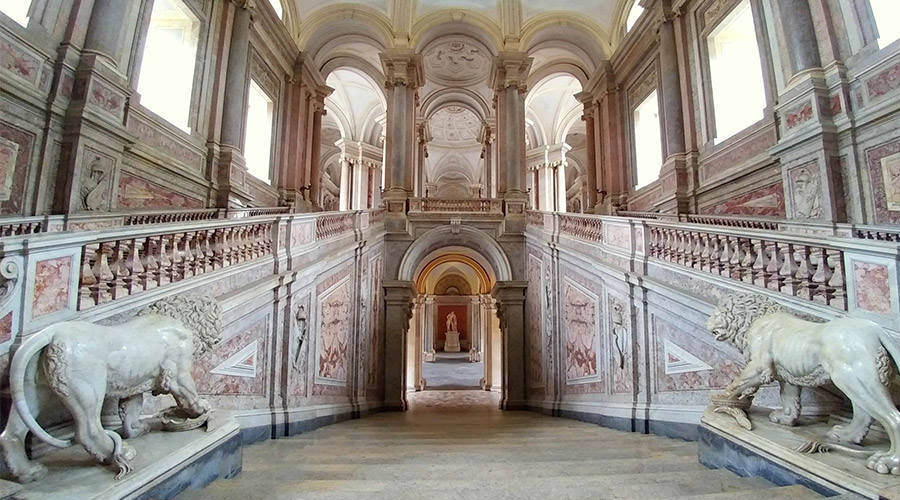
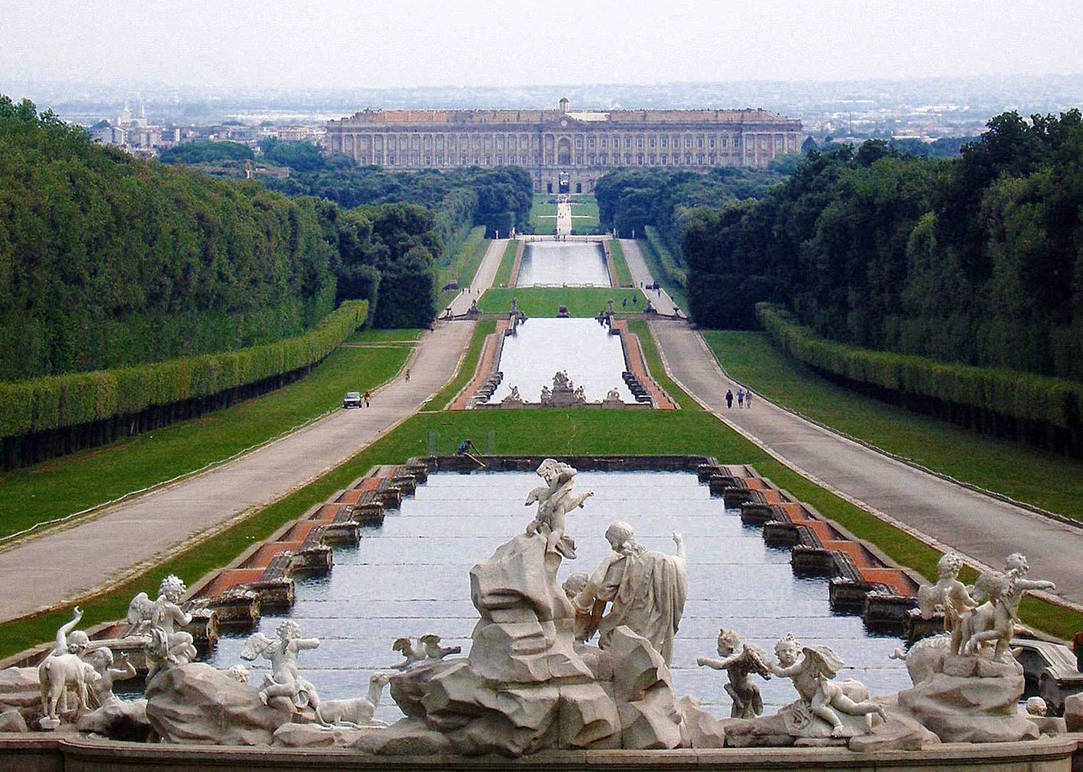
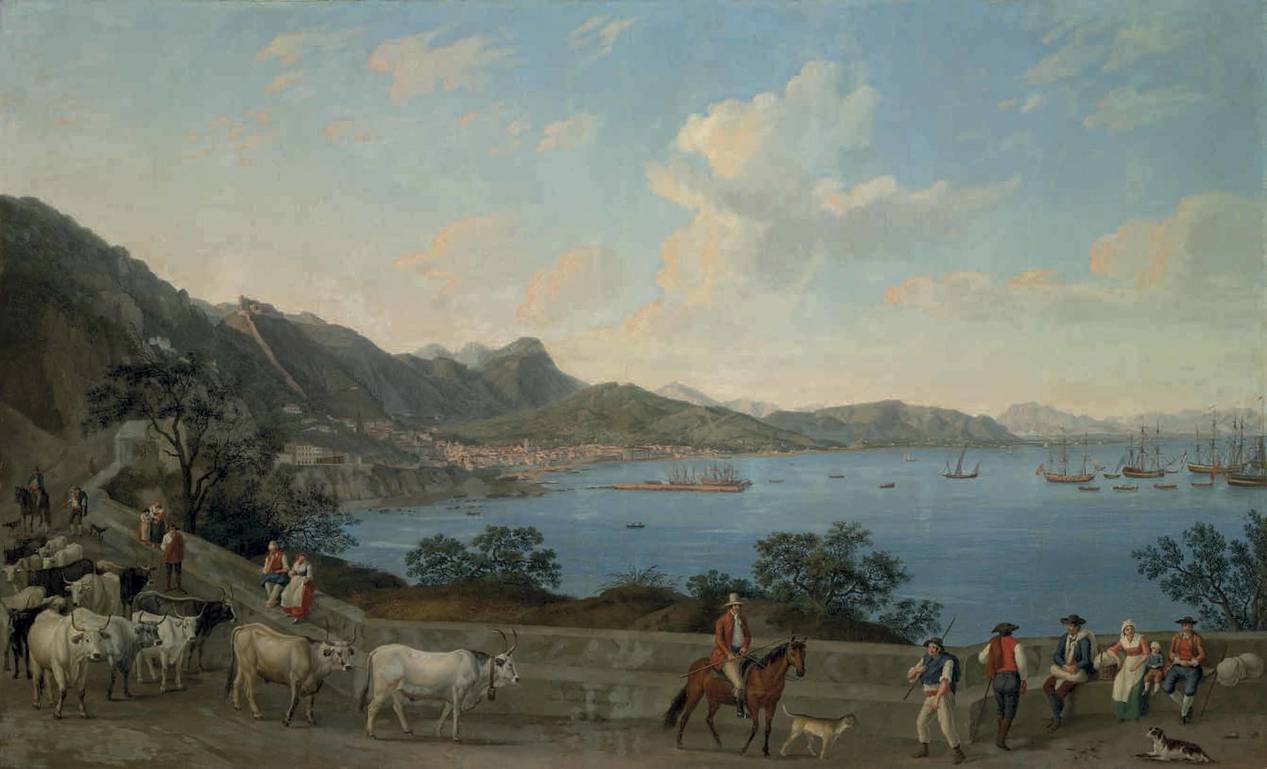





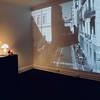
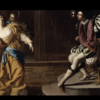
i-Italy
Facebook
Google+
This work may not be reproduced, in whole or in part, without prior written permission.
Questo lavoro non può essere riprodotto, in tutto o in parte, senza permesso scritto.